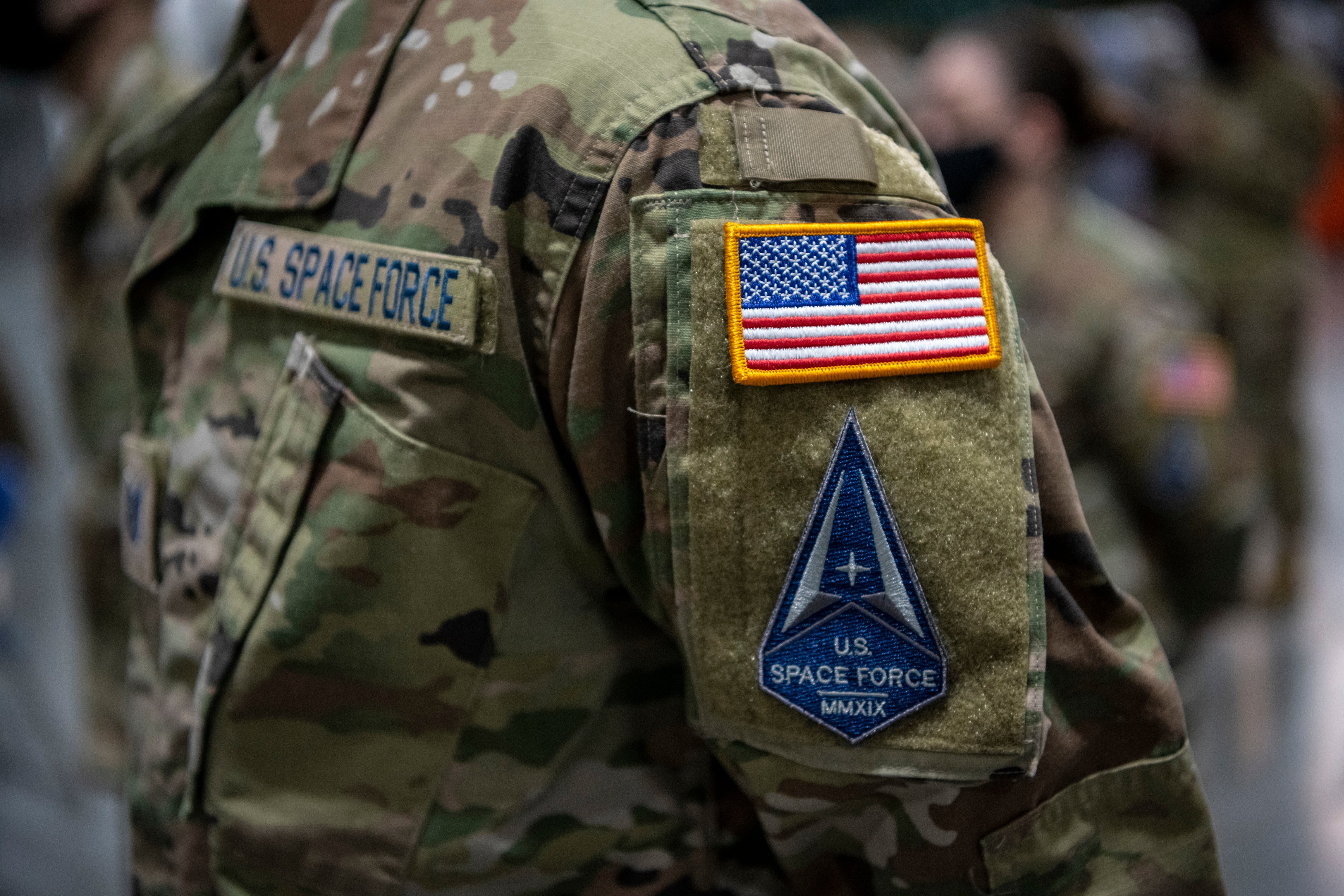At a time when China and Russia are seeking to overtake the United States in space — having grown their combined space assets by 70% from 2019 to 2021 — we cannot afford any setbacks in our own space program.
That’s why we created the Space Force in 2019 — to maintain our edge in space. Active duty Air Force units with space missions were transferred to the new service to intensify focus on this critical domain. But there was a key exception: Space units in the National Guard were left under the Air Force because a corresponding “Space National Guard” was never formed.
We have proposed establishing a National Guard component for the Space Force to eliminate that needless division. On June 22, the House Armed Services Committee voted to include this provision in its version of the National Defense Authorization Act, and the Senate should follow suit.
Our space units should operate as a seamless team, but they can’t do that while divided between two services. Instead, they’re dependent on added bureaucracy to conduct basic functions — training troops, acquiring resources, setting standards, inspecting units and mobilizing personnel. The division also makes it impossible to build a strong organizational culture.
Moreover, unless the Air National Guard’s space units are transformed into a Space National Guard, those units may lose their space mission. That would come at great cost. We would likely lose the wealth of expertise that exists in 14 Air National Guard space units in seven states (Alaska, California, Colorado, Florida, Hawaii, New York and Ohio) as well as Guam.
There would also be a financial cost. A 2021 Air Force report found that decommissioning the Air Guard’s space units would create “an immediate gap in capability” and incur “a cost to rebuild the mission capability within the US Space Force.” The report concluded that shifting those units into a Space National Guard would be the most cost-effective path forward.

In contrast, the Office of Management and Budget cited an annual price tag of “up to $500 million annually” as its reason for opposing a Space National Guard in last year’s defense bill. But that was a Congressional Budget Office estimate to create a Space Guard vastly larger than anyone is proposing.
Similarly, the CBO estimates it would cost $100 million annually and $20 million in construction to shift existing Air Guard space units into a Space Guard. But that is just as exaggerated. It’s based on assumed liabilities, including a new $20 million headquarters building and 260 additional full-time employees, which the Air Force, Space Force and National Guard Bureau say are unnecessary — and which are not part of our legislation.
As a nation, we can’t let distorted budget estimates distract us from the urgent task at hand: maintaining our edge in space. Retired Air Force Gen. Dave Deptula, dean of the Mitchell Institute for Aerospace Studies, said it well: “It is time to take action to do what should have been done at the stand-up of the Space Force — transfer the space forces in the Air National Guard into a Space National Guard.”
This issue’s importance transcends partisan boundaries. Legislation to create a Space National Guard was introduced last year in the House by a Democrat and a Republican, and last month in the Senate by a Democrat and a Republican.
It comes down to this: A brain drain in the space arena will have detrimental effects on our national security and our states’ readiness, and creating a Space National Guard is the best, most cost-efficient way to prevent that from happening.
Congress can’t afford to look the other way on this. America’s future depends on it.
Sen. Dianne Feinstein, D-Calif., is a member of the Appropriations Committee and its defense panel. She also serves on the Senate Intelligence Committee, of which Sen. Marco Rubio, R-Fla., is the vice chairman. He also serves on the Senate Foreign Relations and Appropriations committees.




